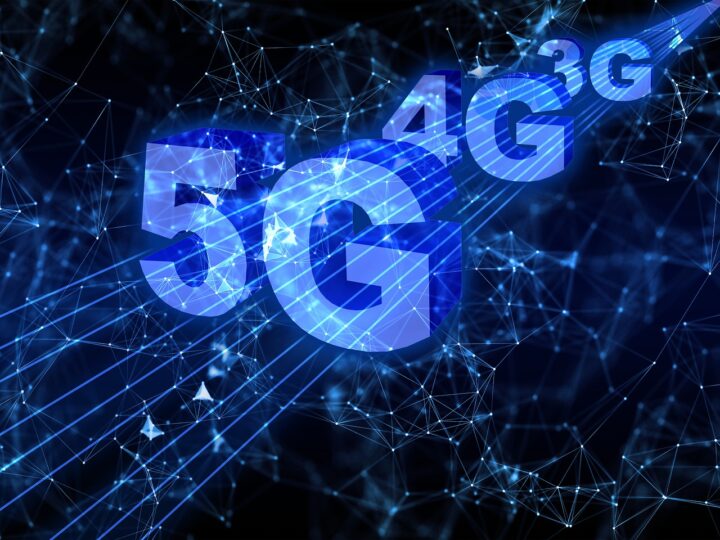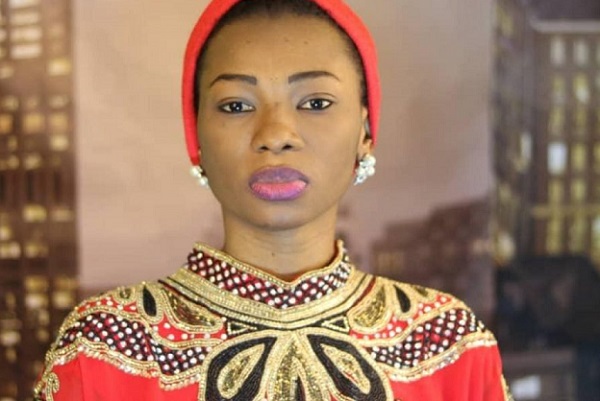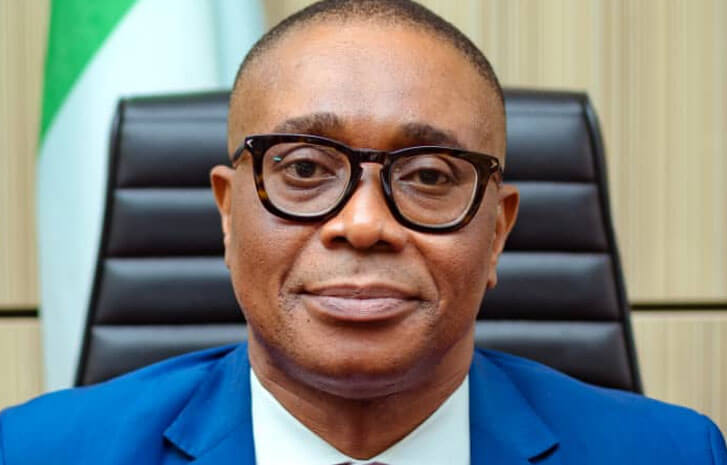The Nigerian Communications Commission (NCC) says despite the many benefits that the deployment of the fifth generation (5G) network will offer to Nigeria, there are challenges affecting its rollout.
The federal executive council (FEC) had, in September, approved the deployment of the 5G network across the country.
Following the approval as well as an offer for submission of bids, three telcos — MTN Nigeria Plc, Mafab Communications Limited, and Airtel Networks Limited — have been approved as bidders of the 3.5 gigahertz (GHz) spectrum auction scheduled to hold on December 13.
Speaking on Thursday at a media capacity-building workshop organised in partnership with TheCable, Umar Danbatta, NCC executive vice-chairman, listed benefits of the 5G deployment to include “unique latency, improved transparency in governance, increase in GDP, job creation”, among others.
Advertisement
Represented by Anthony Ikemefuna, head of wireless networks, NCC, Danbatta said the goal of the deployment is to “have a flexible network that is adaptable to various uses”.
He, however, said since the “1Gbps capacity from traditional microwaves cannot meet the 20Gbps demand of 5G, we need to step up into the e-Band spectrum/fiberisation of base stations”.
According to him, challenges such as right of way issues and poor electricity supply are factors that may affect the smooth deployment of the 5G network.
Advertisement
“Some people write to us every day, begging us to establish base stations to their area, while some people are writing to say it should be taken away,” he said.
“Another challenge is that of inflation, because you know inflation has a way of dragging cost up. When we’re talking about 5G, we’re talking about a new radio base station. So, the point is we’re going to spend a lot of money. We don’t manufacture those things here. We’ll have to import them and inflation isn’t helping matters. A dollar is about N570 now and that’s not good at all.
“And, of course, every device that will be coming into Nigeria has to be type-approved. So, you can imagine the type of work that NCC will have to go through to type-approve different types of devices that will be shipped into the country as a result of 5G.
“Also, there has to be reliable energy. Virtually every base station in Nigeria today has a generator. Our power system has to be more reliable.”
Advertisement
On his part, Ken Ugbeche, publisher of Political Economist, called for the cooperation of the media to enlighten the public on how the 5G network will improve livelihoods.
According to him, “5G is a development evolution”, and the media needs to do more on “dismantling conspiracy theories boldly”.
In his presentation, Ikechukwu Adinde, director of public affairs, NCC, who was represented by Omoniyi Ibietan, highlighted the significant improvements recorded in the two decades of the “GSM revolution” in Nigeria.
While noting that the past 20 years have witnessed improvement in broadband penetration, economic growth, contribution to GDP, job creation, and increase in personal effectiveness, he added that “the next 20 years will be more eventful”.
Advertisement
Add a comment






